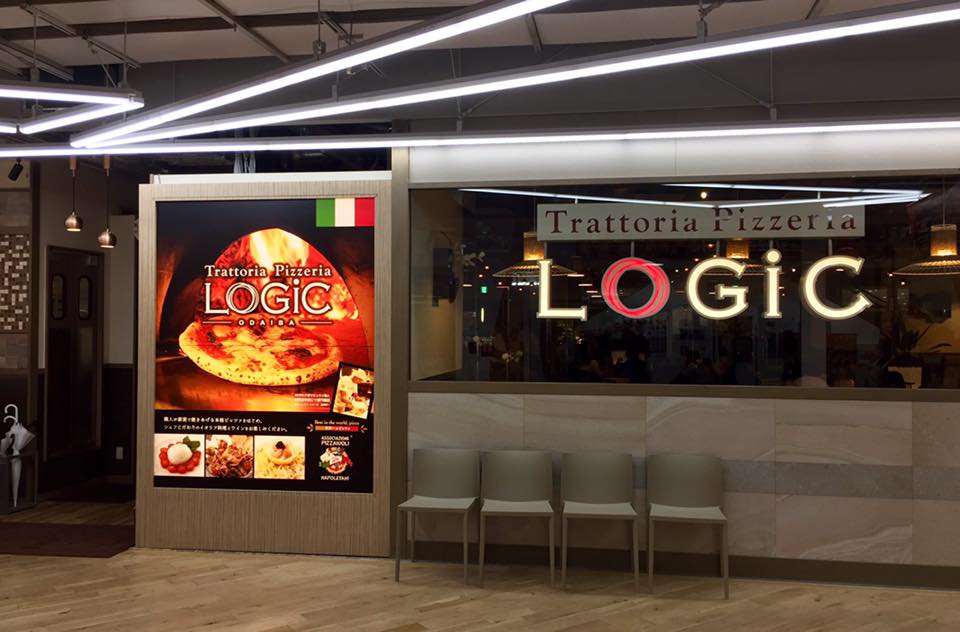
Mastery of contemporary modal logic is vital not only for logicians, but also for philosophers of language and mind, metaphysicians, mainstream and formal epistemologists, philosophers of science. That’s because such notions as meaning, content, intension, supervenience, reduction, causation, knowledge, belief, and of course nomic, physical, metaphysical, logical and temporal necessity, can all be studied in the framework of modal logic.
The single feature of modal logic allowing it to perform all these philosophical tasks, is its semantics, phrased in terms of the Leibnizian notion of possible world. A possible world is a way things may be or have been, in some respects similar to the real world, in some others, different. Possible worlds semantics is a success story of philosophy, having been exported to linguistics, computer science, cognitive science, economics, decision theory. However, it raises many philosophical questions, from the metaphysical status of worlds (Do possible worlds different from actuality really exist? If so, what are these things?), to the meaningfulness of quantification over non-actual individuals.
This course introduces both to the logical techniques of, and to the philosophical issues raised by, first-order modal logic, which combines the language of first order-logic (quantifiers, identity, predicates, names, descriptions) with modal operators. We will explore such topics as: the metaphysics of possible worlds, possibilia, and fictional objects; the behaviour of identity in modal contexts; the differences between constant and variable domain semantics, actualist and possibilist quantification; the Barcan formulas; Lambda-abstraction for the formation of structured predicates; rigid and non-rigid designation; empty terms; partial semantics; ceteris paribus conditionals. The module will also survey some non-classical modal settings and their applications in relevant, epistemic, and conditional logic.
